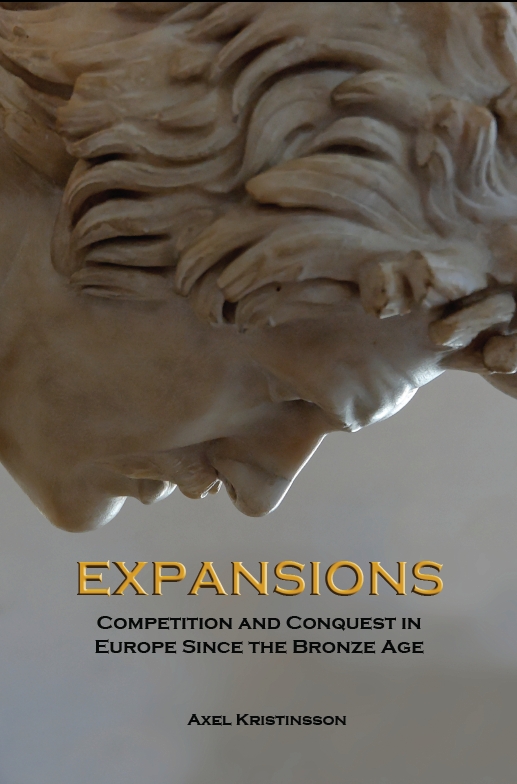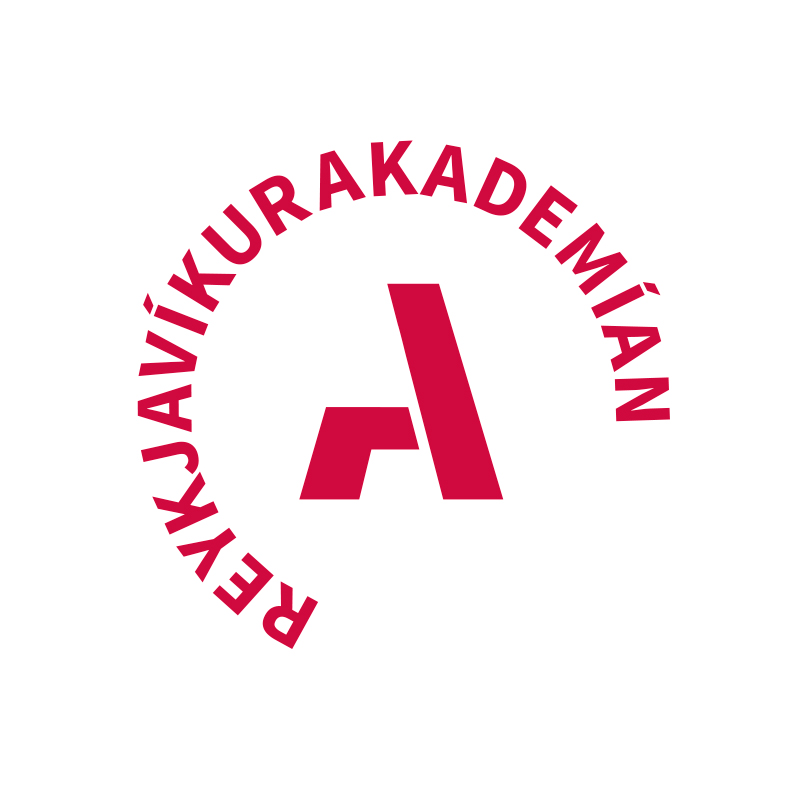
 Bókin Expansions: Competition and Conquest in Europe Since the Bronze Age eftir sagnfræðinginn Axel Kristinssoni er nú fáanleg á Kindle-formi í vefverslun Amazon (http://www.amazon.com/dp/
Bókin Expansions: Competition and Conquest in Europe Since the Bronze Age eftir sagnfræðinginn Axel Kristinssoni er nú fáanleg á Kindle-formi í vefverslun Amazon (http://www.amazon.com/dp/
Bókin, sem gefin er út af ReykjavíkurAkademíunni, fjallar á nýstárlegan hátt um útþenslur Grikkja, Germana, Víkinga og annarra og notar nálgun sem byggir á þróunarfræði og flækjufræði til að finna keimlíkar rætur þeirra (nánar: axelkrist.com).
Í Cliodynamics, sem er ritrýnt vísindatímarit sem gefið er út á vefnum, birtist nýlega ritdómur um bókina eftir David Christian, prófessor í sagnfræði við Macquarie háskóla í Sidney í Ástralíu.
Í lokaorðum sínum segir Christian: „Þetta er hrífandi bók sem ætti að vekja mikla og áhugaverða umræðu, jafnvel meðal sagnfræðinga sem láta ekki alveg sannfærast af meginröksemdum hennar.“
Ritdóminn í heild má nálgast á vefnum:
—

 Expansions: Competition and Conquest in Europe Since the Bronze Age, by the Icelandic historian Axel Kristinsson is now available in Kindle format on Amazon (http://www.amazon.com/dp/
Expansions: Competition and Conquest in Europe Since the Bronze Age, by the Icelandic historian Axel Kristinsson is now available in Kindle format on Amazon (http://www.amazon.com/dp/Published by the Reykjavik Academy, the book is an original examination of the expansions of the Greeks, Germanic peoples, Vikings and others where an approach based on the theories of complexity and evolution are used to find their similar roots (see also: http://axelkrist.com).
Recently, a review of the book by David Christian, professor of history at Macquarie University, appeared in Cliodynamics, a peer-reviewed scientific journal published on the World Wide Web.
Professor Christian concludes his review with these words: “This is a fascinating book that should provoke much interesting debate even among historians not entirely persuaded by its central arguments.”
The review is freely available at: http://escholarship.org/uc/
